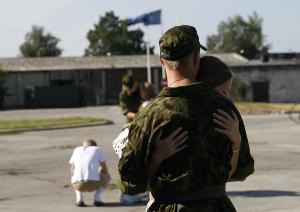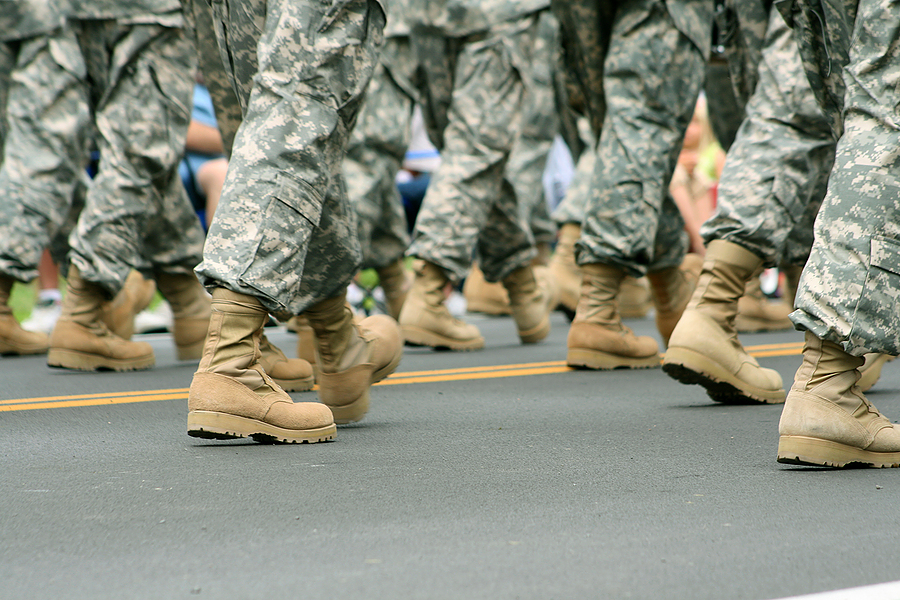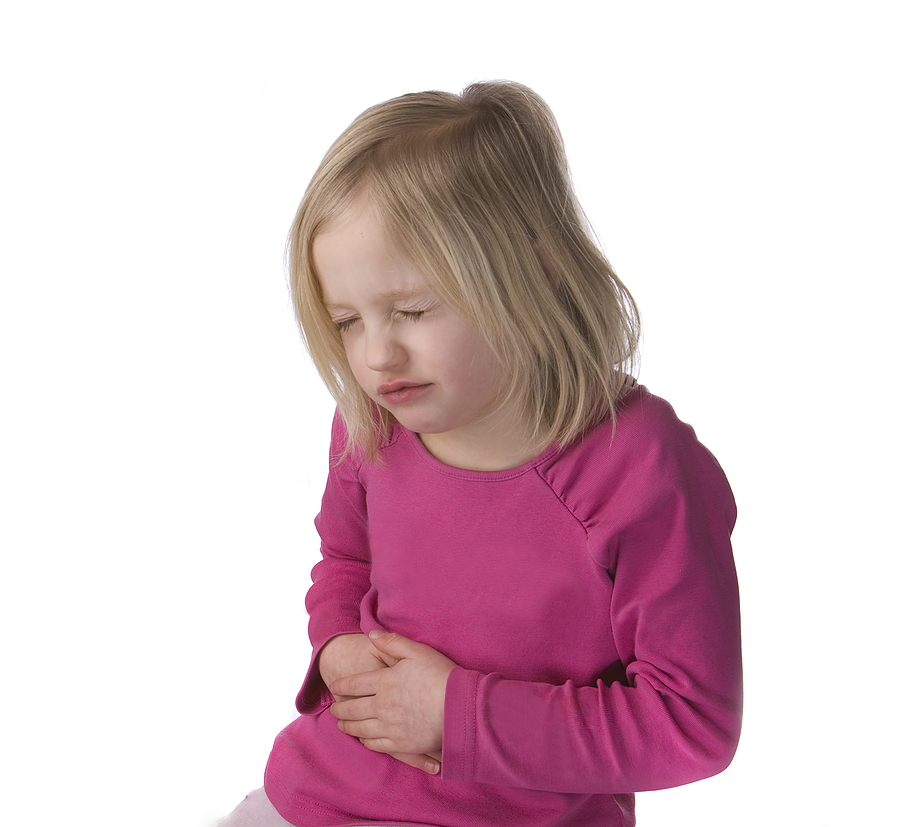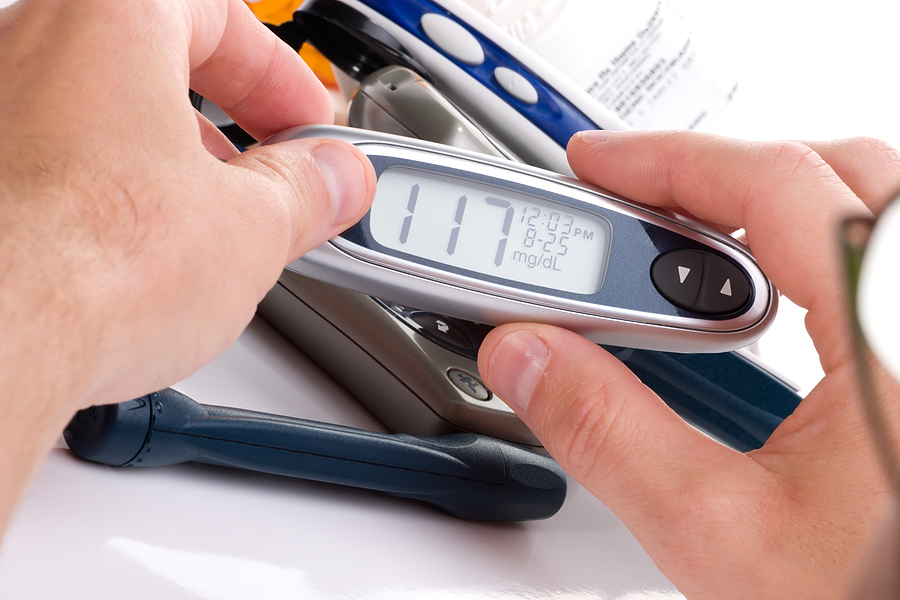
PTSD
Post Traumatic Stress Disorder (PTSD) is a serious anxiety disorder arising after a traumatic event or experience, for example military combat or violent crime. While it is often associated with soldiers, it can occur after any trauma especially when the person feels helpless and unable to control events.
 Most people who experience trauma will feel overwhelmed in the aftermath, they may feel anxious and troubled as they process events, however this will normally follow a logical pattern and lift, usually within a few days or weeks. PTSD will last more than 30 days and instead of lifting, the symptoms remain and can even intensify over time.
Most people who experience trauma will feel overwhelmed in the aftermath, they may feel anxious and troubled as they process events, however this will normally follow a logical pattern and lift, usually within a few days or weeks. PTSD will last more than 30 days and instead of lifting, the symptoms remain and can even intensify over time.
PTSD Symptoms
The most common symptoms of PTSD are reliving the experience; usually through flashbacks or dreams, avoidance of triggering situations and hypervigilance (heightened senses and emotion).
People with PTSD can become withdrawn and anxiety can take over many aspects of life. We have specialist articles below that not only look at PTSD but also the effect on friends and family members.
PTSD Treatment
The good news is the outlook is positive for PTSD sufferers; there are therapies available that can be extremely effective in combatting this disorder. Treatments include cognative behavioural therapy (CBT), eye movement desensitisation and reprocessing (EMDR), medication, and other talking therapies available. Again, the articles below go into more detail. We also suggest you see your GP if you are struggling with symptoms of PTSD as they will be able to advise you on treatment options based on your individual circumstances and what is available in your local area.
Self-help will include self education, communication (maybe joining a group online or in person, of like-minded individuals), practising relaxation, following anxiety self-help strategies, and avoiding alcohol and drugs.
PTSD Compensation
Mental Healthy have teamed up with NAH to help people who have been the victim of a traumatic event find out for free if they are entitled to compensation.
Those who suffer from PTSD as a result of being involved in a traumatic event that was caused by someone else, for example a road accident, may be able to claim. Doing so can help the sufferer recover any costs associated with their recovery. If you’re suffering from PTSD after trauma that was caused by someone else, you can contact National Accident Helpline for more information on making PTSD Claims. Their friendly Legal Services Advisors will be able to tell you in minutes if they believe you’re entitled to compensation.
We also have therapists that can help you - Find a PTSD therapist in your area of the UK
Related Guides

































